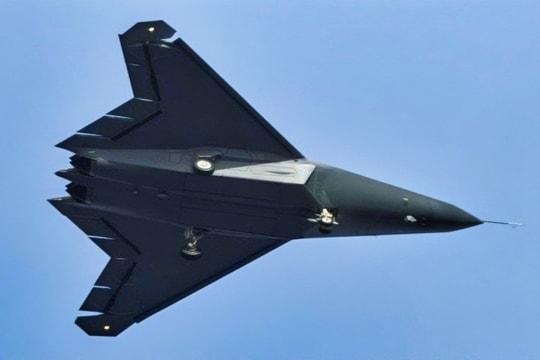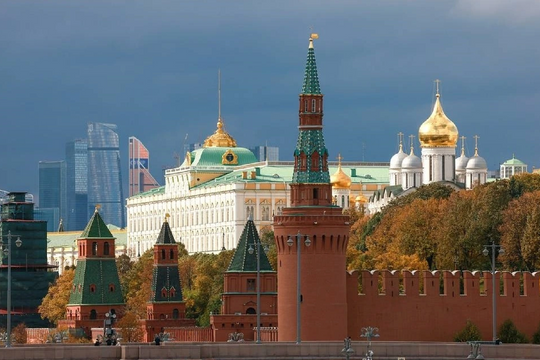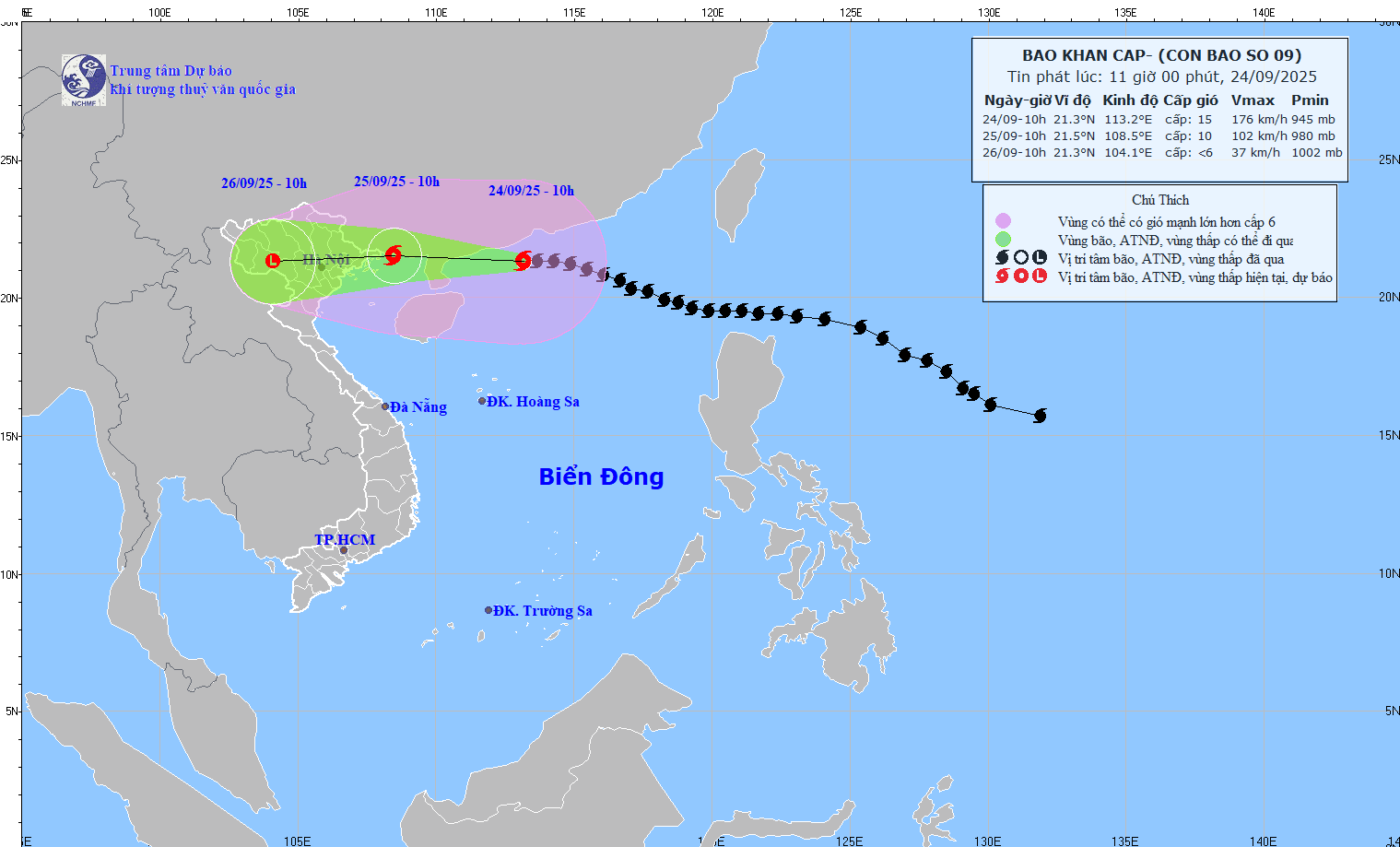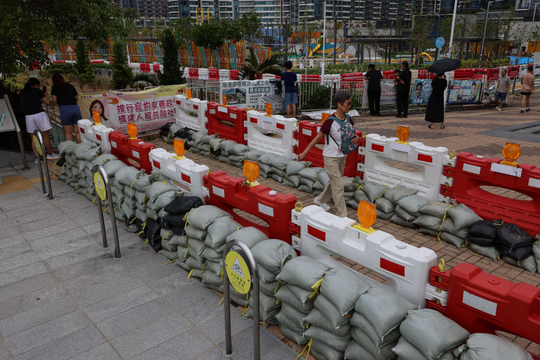North Korea fires missile over Japan - a test for China
The missile Pyongyang launched on August 29 flew over Japan, further putting Beijing in a difficult position in handling the crisis on the Korean peninsula.
The path of the North Korean missile.
"I think this will be a real test for China," said Robert Manning, a senior fellow at the Atlantic Council, CNBC reported, referring to North Korea's first missile launch over Japan in eight years on August 29. Beijing "understands that the North Koreans have changed the game with this move and raised the stakes," he said.
“There is no longer any justification for doing business with North Korean networks,” Manning said. “If China is not willing to act, it is not serious.”
North Korea launched a ballistic missile eastward from an area near Sunan, Pyongyang, over Japan. The Hwasong-12 missile flew more than 2,700 km, reaching a maximum altitude of about 550 km before breaking into three pieces and falling into the sea between Japan and the Korean Peninsula, according to South Korea's Joint Chiefs of Staff (JCS).
More than two-thirds of North Korea's trade is with China. Analysts say China could do more to put economic pressure on North Korea. Earlier this year, China stopped importing coal from North Korea. On August 25, China's Ministry of Commerce banned North Korean individuals and organizations from working in the country.
However, in the most important area of energy supply, Beijing has not been really active, writes Evelyn Cheng from CNBC.
"China is not agreeing to sanctions because it does not want to destabilize North Korea and because it does not know what it will face," commented Anwita Basum, an analyst from the Economist magazine.
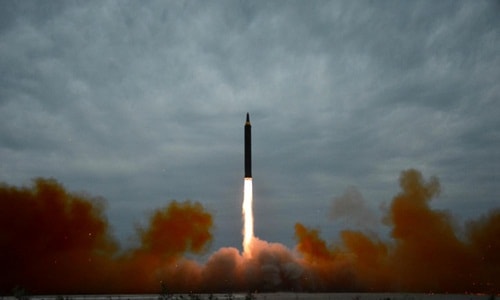 |
An undated photo of a missile launch released by the Korean Central News Agency (KCNA) on August 30. Photo: KCNA. |
Beijing wants to maintain the long-standing tension on the Korean Peninsula because the collapse of Kim Jong-un's regime would certainly create an unwanted wave of refugees from North Korea to the country's impoverished northeast, while potentially pushing the US and its ally South Korea closer to China's border, according to Cheng.
Keeping the situation in North Korea stable is especially important for Beijing at the moment, as China's 19th party congress is about to take place and Chinese President Xi Jinping is aiming to consolidate power.
Responding to the incident, Chinese Foreign Ministry spokeswoman Hua Chunying stressed that the situation in North Korea "is currently at the peak of approaching crisis" but is also "an opportunity to reopen peace negotiations".
On the other hand, Beijing did not focus on condemning Pyongyang's missile launch, but instead called on all sides to exercise restraint and actively engage in dialogue.
In contrast to China, Japanese Prime Minister Shinzo Abe called the missile launch a reckless act that posed an extremely serious and unprecedented threat. US President Donald Trump declared that the US "is considering all options to respond to North Korea".
The launch was carried out in the context of the US and South Korea holding annual large-scale military exercises called Ulchi Freedom Guardian (UFG). North Korea has long accused these moves as rehearsals for a nuclear war against Pyongyang, but South Korea and the US deny this.
The North Korean leader threatened earlier this month to launch missiles toward the US Pacific island of Guam. Meanwhile, US President Donald Trump has vowed to unleash “fire and fury” on North Korea if Pyongyang continues to threaten Washington.
“North Korea has found the sweet spot,” said Bruce Bennett, a senior defense analyst at the RAND Corporation. “We need to find the sweet spot to convince Kim Jong-un not to do this again.”
According to VNE
| RELATED NEWS |
|---|

